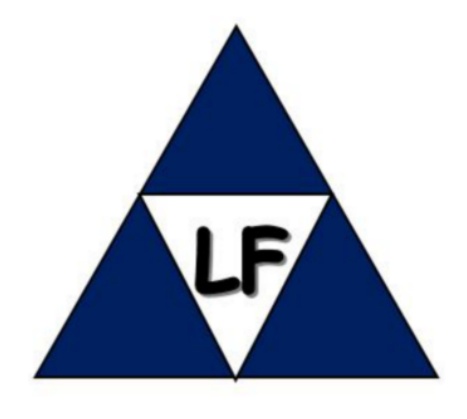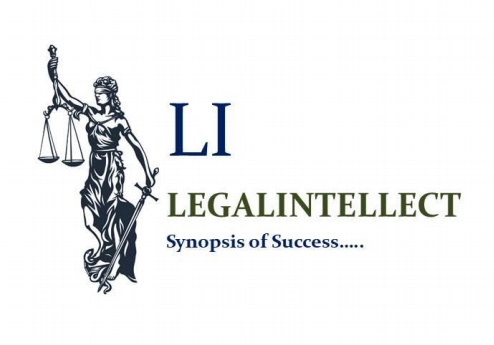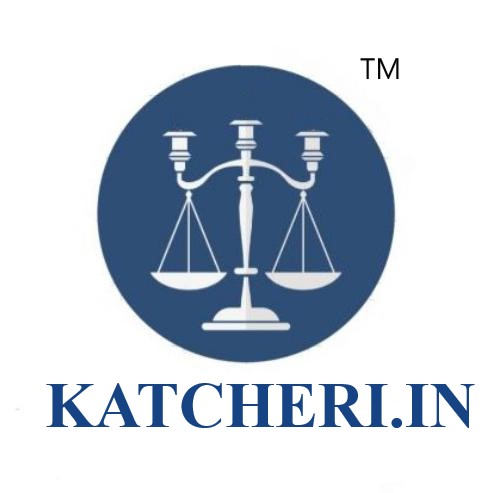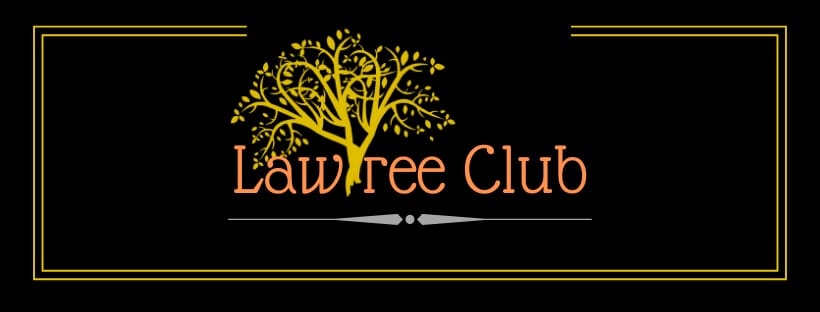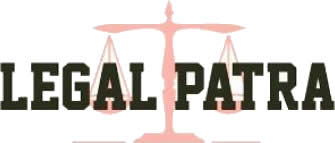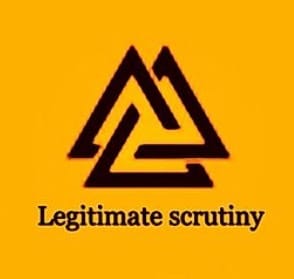“I detest the masculine point of view. I am bored by his heroism, virtue, and honour. I think the best these men can do is not talk about themselves anymore.”
VIRGINIA WOOLF
Into more than seven decades of independence, our society still continues to remain rife with structural discrimination. Women, as the title suggests, the activeness of the mind reiterates us to visualize her as someone who’s weak, oppressed and marginalized, which provides us a picture of misogynist society and the prevalent norms of patriarchy.
This is something which is not new.
Only the pre-Vedic period considered women as goddesses and provided them with equal opportunity as men (though even today, we see double standards in those who worship powerful female deities like Saraswati - while themselves denying education to girls, or Maa Durga - while themselves engaging in female foeticides!). However, in the post-Vedic era, women’s social position faced a downfall and further worsened during the medieval period which is known as the ‘dark age’.
Even India’s freedom struggle, that infused a new wave of confidence and enlightenment amongst the masses, did not help in a change of this perspective.
Till date, we see various social evils being so deeply etched into our psyche that it is difficult to change the public mindset. Women are still fighting for gender equality and dignity, whether it’s Shah Bano Begum (who fought for her maintenance-rights) or Mithali Raj (versus Virat Kohli!) or the women from Bohra community (as regards issue of mutilation or not accepting any female as leader).
In the recent past, the nation witnessed the barrier of religion appearing as one of the key hindrances in women’s rights movements. It is now more of a ‘secularism v. equality’ game, as could be seen through the instances of headline-makers, i.e., ‘Parsi women are forbidden entry into their much-revered Sun temple if they enter into wedlock with a non-Parsi!’ or the Sabarimala controversy.
Socio-legal aspects of the problem
Even experience teaches us that women are always at a position of disadvantage in every crisis, whether it be any foreign invasion, or partition, or any riot (where many women are subjected to brutal rapes, abductions or killings), or sexual harassment at workplace/homes, or pandemic situations as now (enforcement of nationwide social distancing rules have seen news of marital rapes, girl-child abuse, domestic violence etc. surfacing from all over the country!).
Such instances not only translate into serious crimes but also clearly reflect gross contraventions of constitutional provisions embodying ideals of equality, dignity, freedom, and liberty – irrespective of the gender enjoying these!
If legal literacy could have improved things, then atleast the masses in big cities, holding fancy degrees and public school background, would appear more sensitive.
However, the key difference to be understood here is the one between ‘literacy’ and ‘education’!
Do we act ‘educated’? Infact, do we even act ‘human’?
Though our country boasts of multiple schemes for maternal benefits and well-being, however, during lockdown, the nation appeared to have forgotten those pregnant women (around 9 lakh!) who need critical care but had to face enormous hurdles so much so that there have been reported incidents of deaths due to lack of medical attention.
This can be said to be a glaring example of outright denial of women’s access to reproductive health rights, violating their right to life and liberty, as health is an implicit fundamental right under Article 21 of the Indian Constitution.
Economic challenges due to the pandemic and resultant lockdown has led to increased risks of exploitation and abuse for survival concerns. Even the female domestic servants as also the sex-workers have been hit hard and seen turning towards charities for help. Many of them might be having alcoholic husbands or such traumatic lives at homes to put up with during these times when the country’s law-enforcement agencies and justice-dispensation system is undergoing a phase of ‘undeclared emergency’.
Concluding remarks
To conclude, even in this modernised world (where we are battling with this global crisis of pandemic), patriarchy and chauvinism still continue to stay burdensome and distract the flow of activities aimed at national welfare and holistic development of our country as a whole.
It’s high time that females are not discriminated against merely based on our age-old mental programming of differences between gender-stereotypical roles, as emanating from specific anatomies of each, i.e. males for doing outside work and getting money home; females for bearing & rearing children and doing household chores while nurturing the family.
Last but not the least, golden examples of legendary Indian personalities (living or dead) like Arunima Sinha, Kiran Bedi, Sarla Thakral, Indira Gandhi, Kalpana Chawla, Savitribai Phule, Mother Teresa, Vijaya Lakshmi Pandit, Deepa Malik, and many more should not be lost sight of when considering women as the weaker sex!
Eagerly hoping for and optimistically anticipating the dawn of ‘Stree shakti’ recognition when we usher the long-promised ‘India Shining’ and ‘Acche din’...
By DEEPANSHI SINGHAL & HARDIK TOKAS
(FIMT, GGSIPU, New Delhi)


